Preparing for tomorrow

If anything positive has emerged from this high-octane campaign season, it's that many Americans are more aware of viral falsehoods related to natural disasters, complex issues like immigration and election processes than they were before.
Just today, the Texas Tribune reported on recurring rumors that show up each election season, like voting machines switching votes from one candidate to another. On November 1, NewsGuard debunked five viral falsehoods about Pennsylvania elections from the previous week, including claims that a video showed ballots with Trump votes being destroyed in Bucks County, PA. The video was fake and was spread by a Russian disinformation network. The Arizona Mirror referred to Maricopa County as "ground zero" for election-related misinformation in 2024.
Hopefully, readers are developing healthy skepticism about viral claims like these. The sheer volume of reporting, though, means that many won't see the fact-checks – even if they're paying close attention.
So how can you find the facts about the communities that mean the most to you, manage your own expectations about what's to come and avoid dissolving into a puddle of anxiety or shutting down entirely?
We have some suggestions.
Understand the strategies.
First the stressful part; remember, knowledge is power.
It will take days, perhaps many days, to know the results of this election. Note critical deadlines on December 11, when states have to submit their electors, and December 25, when they must submit their electoral votes.
Voters also need to know that a movement, organized since 2020, is spreading claims of fraud and preparing to investigate results and question the certification process. It includes election denial organizations such as True the Vote and Election Integrity Network, which have sown sizable doubt in our electoral processes through efforts that some pro-democracy voices refer to as election sabotage. This podcast episode with Stacey Abrams explains how this network operates in Georgia.

Civil society groups are also preparing for election violence. Already individuals have been arrested for allegedly planning a mass casualty event (Arizona), making bomb threats (Pennsylvania) and assaulting a poll worker (Texas). Ballot boxes have been set on fire in Oregon and Washington state. See this and more in Saturday's Guardian article; read it and weep.
Anti-democratic strategies are also playing out in court – an analysis by Democracy Docket found that the Republican National Committee and its associates have already filed or are part of 72 voting rights lawsuits this election cycle. The DNC and associates have filed or are involved in 13 suits. Organizations like Protect Democracy are fighting what they call "zombie lawsuits" and report that some have been thrown out already.
Those planning for various scenarios – such as a premature declaration of victory or refusal to concede – say that while they don't necessarily expect another assault on the U.S. Capitol (though we in DC are still expecting to be locked down, with some community-based organizations and congregations especially nervous) they DO expect more political violence at the community level. Fortunately peacemaking groups like Common Ground USA have been training people for these possibilities since January 6.
Stay informed.
It may be tempting to binge Netflix rather than tuning into the news this week (I did last night, with season 2 of The Diplomat). But you'll feel much more empowered if you channel your inner news junkie and consume news intentionally. To find quality, nonpartisan sources – and avoid being swayed by random YouTubers or your friends' hot takes – you can:
- Download the Associated Press app and turn on notifications. AP has reporters in every statehouse nationwide and has helped determine election results for over 170 years. If you'd like to know how the AP does that, they are very transparent – check out this explainer piece.
- Verify rumors with local sources. If you see reports of election-related drama in states other than your own – where you grew up, where a relative lives or an adjacent media market – know that state and local election boards and local news outlets are probably doing their best to debunk them. You do their websites a favor when you visit. Another network with reporters in every state capital is States Newsroom, a nonprofit, nonpartisan collective that includes the Arizona Mirror and Texas Tribune mentioned above, Maryland Matters and The Pennsylvania Capital-Star – see the screenshot below from penncapital-star.com.

- Track election-related mis- and disinformation. NewsGuard has an Election Misinformation Tracking Center; you can open it in a browser window and refresh it (click on the circle-with-arrow icon to the immediate left of where the website URL appears in your browser) each day. Our OLLI-AU class on disinformation heard from NewsGuard's McKenzie Sadeghi directly; the organization – led by the founder of Yale Journalism Initiative and former publisher of the Wall Street Journal – reports in a balanced way. News Literacy Project has a tracker as well, organized by theme.
- Refuse to share unverified information via social media, Messenger or email – even for fun. Notice any emotional reactions you have to content and use your online search skills to check 1) the outlet itself, if unfamiliar and 2) the claims themselves. Pink slime sites and hyper-partisan news networks may be operating at full-tilt in the coming weeks.
- Do not click on ads of any kind. That's it, that's the tip.
- Take news breaks and get good sleep. We do ourselves no good by obsessing.
Practice self-care.
People are understandably overwhelmed. For some, it may seem like we're watching authoritarianism take hold, sparking feelings of disbelief, hopelessness and despair. For others, such as those who may be suspicious of government institutions for one reason or another, it may feel like systemic issues are finally being revealed, sparking feelings of paranoia, mistrust and/or validation. Regardless of your perspective you may worry about how the win-at-all-costs mindset and toxic rhetoric will impact young people's futures.
It's also important to push past these feelings and talk about it. This Mission Forward piece does a nice job of sharing how to communicate respectfully in the face of adversity or crisis, and why it's the responsible thing to do.
Choose love.
If you tuned into your NPR affiliate this morning you may have heard a piece on the incredible legacy of music producer Quincy Jones, who passed away at 91 yesterday. Both his incredible range, with hits from Frank Sinatra and Count Basie's Fly Me To the Moon to Michael Jackson's Thriller, and a simple quote stuck in my mind. Author Dan Freedman remembered Jones' advice to his graduating class at Harvard (quote is paraphrased):
Finally, an appeal
We incorporated Truth in Common in late 2022. This past August, we were finally granted official nonprofit status by the IRS. 🎉 It's time to stop bootstrapping and find financial support for our work.
If you've enjoyed our programs, support our mission to restore access to fact-based information and respectful discourse and would like to see the work continue, please consider making a donation by clicking the button below.
And since workshop season has quieted, we will be writing more frequently and reconvening workshop groups post-election, so watch your in-box.
Thank you for your support!
Follow us on Instagram @truth_incommon
LinkedIn | Threads: @dtroust | Twitter
Our mailing address is P.O. Box 21456, Washington, DC 20009
Copyright (c) 2024 Truth in Common. All rights reserved.

